The CERN Sparks! Podcast
Series 2 - Future Technology for Health
The second season of the CERN Sparks! podcast: 6 episodes focused on discussing some of the present of health tech and science and taking a deep look at the many exciting, often risky and generally thrilling possibilities of future technologies for health. With Nobel Laureate Jennifer Doudna; the founding father of genomics, George Church; the WHO’s chief scientist, Soumya Swaminathan; and many other guests.
